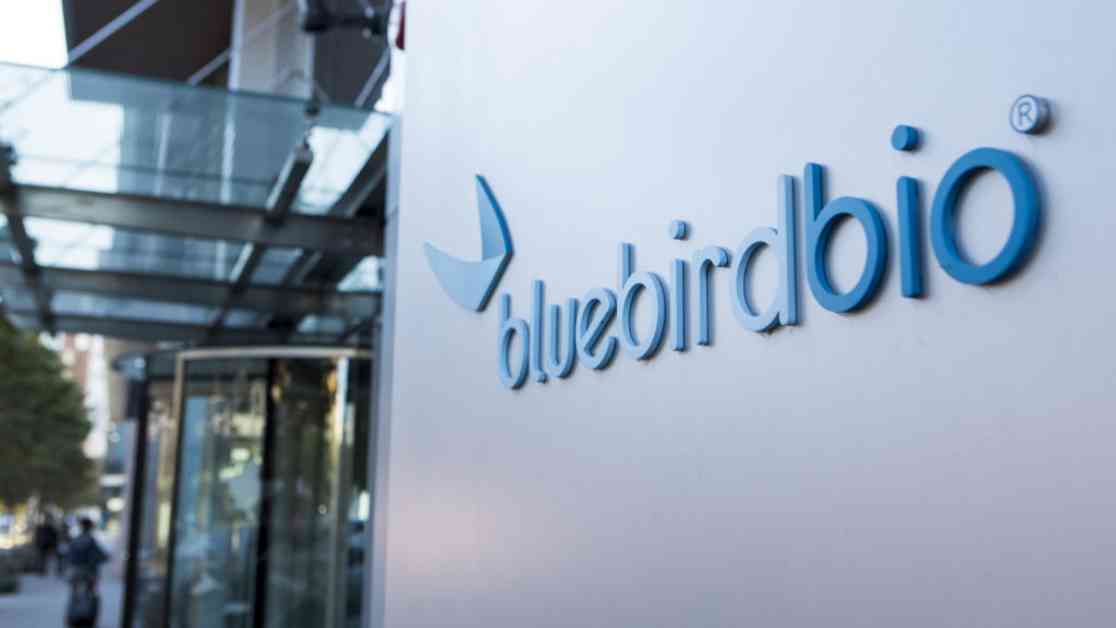Bluebird Bio, a once-promising biotech company, made headlines recently with its decision to sell itself and its portfolio of gene therapies to investment firms Carlyle and SK Capital for less than $30 million. This cut-rate deal is a stark reflection of the company’s fall from grace, as it faced the looming threat of bankruptcy. Shareholders stand to receive a modest sum of around $3 per share, with the potential for an additional $6.87 per share through contingent value rights (CVR) if Bluebird’s therapies achieve commercial success by generating at least $600 million annually by 2027. This move comes as the company’s market cap plummeted to $68.4 million, leaving it on the brink of financial collapse.
Downfall of a Biotech Giant
Bluebird Bio’s rapid descent from a once high-flying biotech giant to a distressed seller of assets has sent shockwaves through the industry. Once hailed as a pioneer in gene therapy, the company’s struggles highlight the harsh realities of the biotech sector, where promising science does not always translate into financial success. The decision to sell at a bargain price underscores the challenges faced by companies in a highly competitive and unpredictable market where investors demand tangible results.
The sale of Bluebird Bio serves as a cautionary tale for biotech companies, reminding them of the importance of balancing innovation with financial sustainability. The allure of cutting-edge science can sometimes overshadow the need for a robust business model that can weather market fluctuations and regulatory hurdles. As investors flock to companies with proven track records of success, newer entrants like Bluebird Bio must navigate a treacherous path to carve out a space in the competitive landscape of biopharmaceuticals.
Looking Ahead: Lessons Learned
As Bluebird Bio charts a new course under the ownership of Carlyle and SK Capital, industry analysts and experts are closely watching to see how the company’s portfolio of gene therapies will fare in the coming years. The success or failure of these therapies will not only determine the financial outcome for shareholders but also serve as a litmus test for the broader biotech industry. The rapid pace of innovation in gene therapy presents both opportunities and challenges for companies like Bluebird Bio, requiring them to strike a delicate balance between scientific advancement and financial stability.
In the wake of this acquisition, biotech companies are reevaluating their strategies to avoid a similar fate, recognizing the importance of sustainable growth and prudent financial management. Bluebird Bio’s story serves as a sobering reminder of the risks inherent in the biotech sector, where breakthrough science can quickly turn into financial uncertainty. As the industry continues to evolve, companies must adapt to changing market dynamics and investor expectations to ensure long-term success and viability.
As Bluebird Bio navigates this challenging period in its history, the lessons learned from its rise and fall will undoubtedly shape the future of the biotech industry. By striking a balance between innovation and financial prudence, companies can position themselves for sustainable growth and success in an increasingly competitive and demanding market. The fate of Bluebird Bio serves as a cautionary tale for biotech companies, highlighting the need for a strategic approach that combines scientific excellence with financial discipline.


















